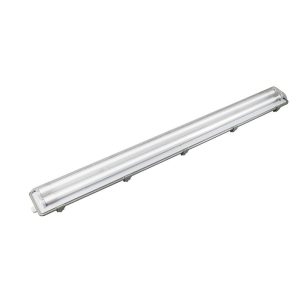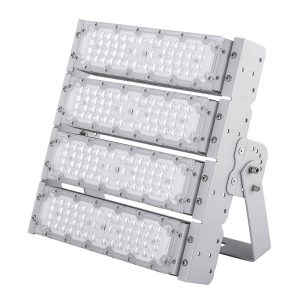High power LED IR, or Infrared, technology has emerged as a crucial component in various industries, particularly in the fields of security, automotive, and medical diagnostics. This article aims to provide a comprehensive overview of the high power LED IR industry, exploring its evolution, applications, and future prospects.
Evolution of High Power LED IR Technology
The evolution of high power LED IR technology can be traced back to the early 2000s when the demand for efficient and reliable infrared sources increased. Initially, infrared emitters were based on traditional technologies such as incandescent bulbs and gas discharge lamps. However, these sources were inefficient, had a short lifespan, and produced significant heat.
With the advent of LED technology, high power LED IR emitters were developed, offering numerous advantages over their predecessors. LEDs are known for their energy efficiency, long lifespan, and compact size. Moreover, they can be easily modulated to produce specific wavelengths of infrared light, making them ideal for various applications.
The development of high power LED IR technology has been driven by advancements in materials science, optoelectronics, and semiconductor manufacturing. Key breakthroughs include the development of high-brightness, high-efficiency LED chips, advanced packaging techniques, and sophisticated heat management solutions.
Applications of High Power LED IR Technology
High power LED IR technology has found applications in various industries, offering numerous benefits over traditional infrared sources. Some of the most prominent applications include:
Security and Surveillance: High power LED IR emitters are widely used in security cameras and surveillance systems. They provide invisible infrared illumination, allowing for clear night vision and covert surveillance. This technology is crucial for ensuring safety and security in public areas, homes, and businesses.
Automotive Industry: High power LED IR technology plays a vital role in automotive applications, such as reverse parking sensors, collision avoidance systems, and driver monitoring systems. These systems rely on the ability to detect objects and obstacles in low-light or dark environments, making them safer and more efficient.
Medical Diagnostics: In the medical field, high power LED IR technology is used for various diagnostic purposes, including thermal imaging, non-invasive blood glucose monitoring, and skin cancer detection. These applications benefit from the high precision, non-invasive nature, and real-time capabilities of LED IR technology.
Consumer Electronics: High power LED IR technology is also employed in consumer electronics, such as remote controls, gaming devices, and motion sensors. These applications leverage the ability of LED IR to detect and interpret signals from a distance, providing a seamless user experience.
Market Trends and Future Prospects
The high power LED IR market has been witnessing significant growth, driven by the increasing demand for advanced infrared solutions in various industries. Some key market trends include:
Increased Focus on Energy Efficiency: As environmental concerns grow, there is a growing emphasis on energy-efficient technologies. High power LED IR technology offers a more energy-efficient alternative to traditional infrared sources, making it a preferred choice for many applications.
Expansion of Emerging Markets: The rapid economic growth in emerging markets, such as Asia and Latin America, has led to a surge in demand for high power LED IR technology. These regions are expected to contribute significantly to the overall market growth in the coming years.
Innovation and Technological Advancements: Continuous research and development efforts are being directed towards improving the performance, efficiency, and cost-effectiveness of high power LED IR technology. This includes the development of new materials, advanced packaging techniques, and innovative heat management solutions.
The future of the high power LED IR industry looks promising, with several potential growth areas. These include the expansion of applications in the medical field, advancements in automotive technologies, and increased adoption of energy-efficient solutions in various industries.
Conclusion
High power LED IR technology has revolutionized the infrared industry, offering numerous benefits over traditional infrared sources. With its applications in security, automotive, medical diagnostics, and consumer electronics, this technology has become an indispensable component in today’s world. As the industry continues to evolve, we can expect to see further advancements in performance, efficiency, and cost-effectiveness, making high power LED IR technology even more valuable in the years to come.













Explore More from Queendom Lamp
Stay updated with the latest LED technology, lighting solutions, and industry insights.
Request a Quote About Queendom